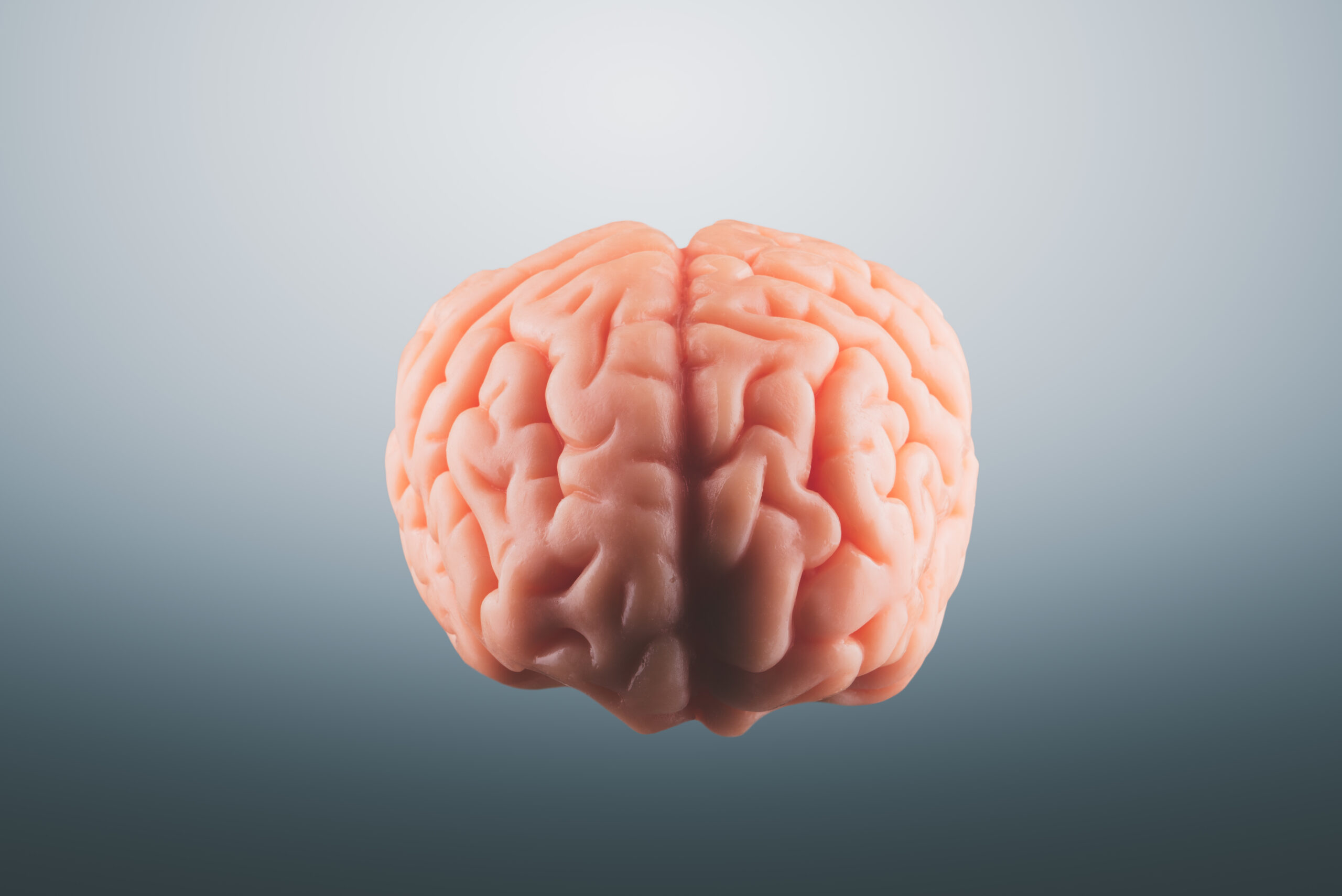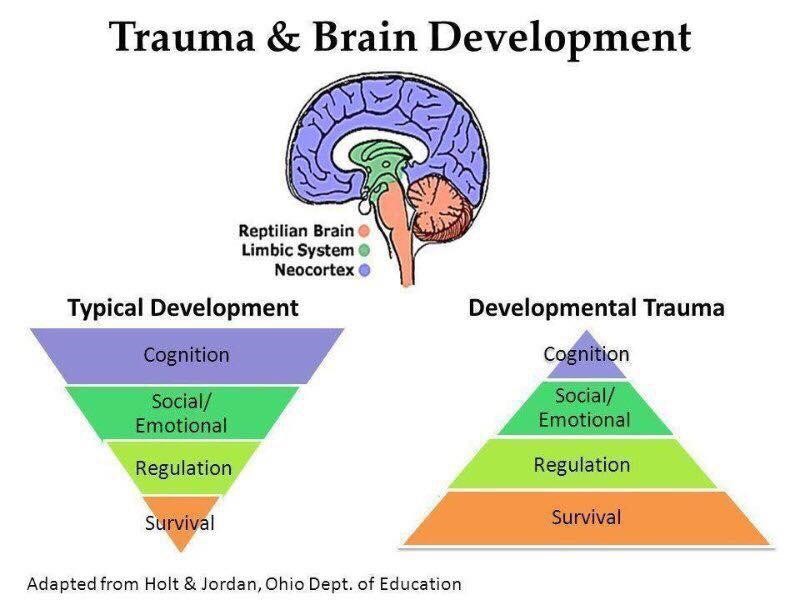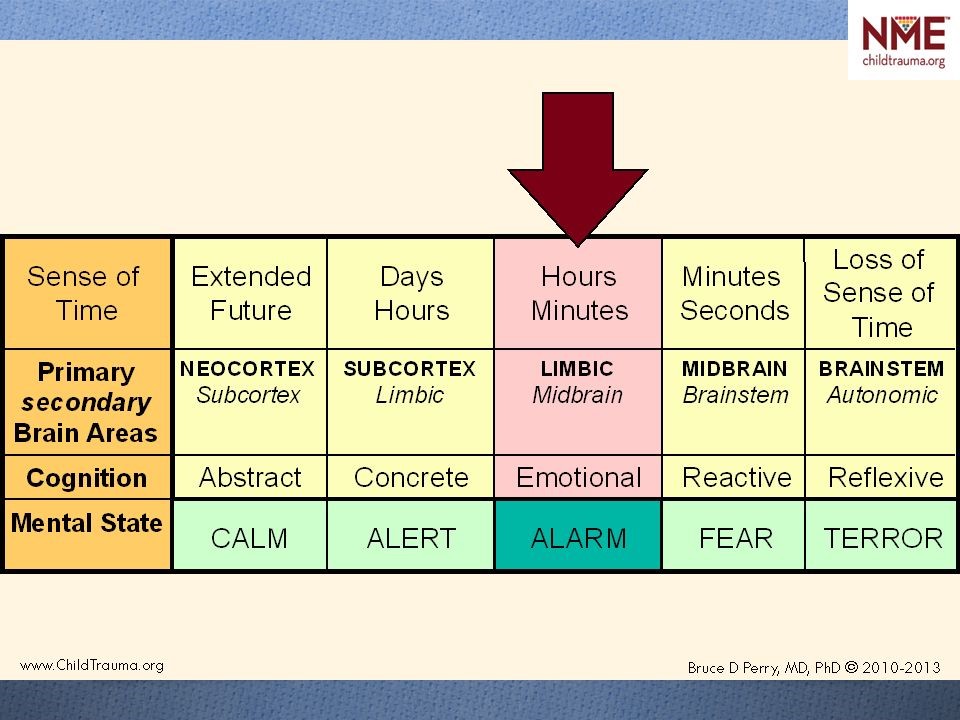
Trauma is a deep and rich subject in mental health. Perhaps, because more than one of every two people have experienced trauma. There is much research on trauma and how it affects a person’s brain.
In the aftermath of a traumatic event, how the survivor interprets the event – and what it means about them – sets the stage for everything that follows. Its not just a, “Well that hurt!” and lets move on. Trauma can leave a lasting mark.
The following chart has opened many eyes as to how trauma affects an individual.

This chart shows the difference between typical development and developmental trauma. When a person has not experienced trauma, they spend the majority of their day in thinking activities, and very little surviving (the width of each layer depicts time).
The right triangle shows that an individual who has experienced trauma spends most of their day surviving, and not thinking things through. This has been verified by many clients who say something like, “Oh yeah. That’s me.”
Trauma tends to shift a person’s priorities from curiosity, experiment and general safety, to fear, distrust and “not letting that happen again.”
The next chart shows how the individual’s sense of time is affected (ignore the red arrow).

Normally, a person has the ability to experience calm and entertain abstract thought. They can use all of their brain and dream about the distant future. Their thoughts are not based on being reactive to everything around them.
For a trauma survivor, their sense of time changes. Everything is right now, the far right column. Planning for the future goes out the window because the present must be survived first. And as the brain shuts down, leaving only the brainstem active, fear and reflex control the day.
The changes resulting from a traumatic experience involve much more than just these two areas. But, as you can see, these two areas can have a significant impact on relationships and communication.
Keep in mind, the purpose of therapy is resolution. Resolving traumatic experiences is about healing the wound so the individual can live their life again.
Trauma does not have to rule your life. Our therapists are trained to work with trauma. It would be our pleasure to work with you, and help you learn to thrive instead of survive.
- Avoidance Behavior - April 23, 2024
- Stop Lying To Yourself - April 9, 2024
- Trauma: Two Significant Brain Changes - March 26, 2024
